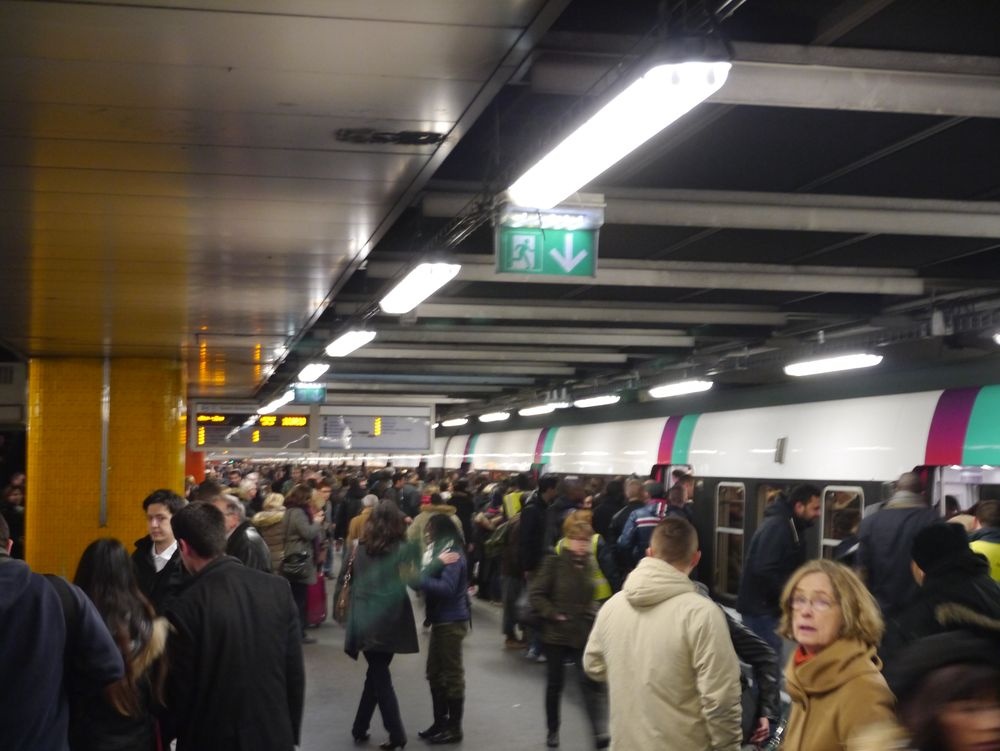Relation between accomodation and transport
FC-01x Future Cities (1st Run) - Exercise 2: "Stocks and Flows"

Uploaded on 2014-12-09 by ppx
And everyday, people come and go in the huge transport networks of the Paris region (including motorways, train, bus, tramway and metro lines). * Transports are flows : passengers (especially the daily commuters), but also goods which feed the city and the people who live here. * Real estate : It's a stock. We can't move a building, and because the space in the city is limited, this stock is limited too (we can go higher, but it's harder and harder to densify). It's why the real estate market in cities is (usually) very speculative. * Energy : the only energy really coming from the city is the solar and wind energy with some geothermal of course. (may be few oil underneath, but no one ready to put a derrick on the Champs Elysées :-)) Thus, most of the energy is produce (or "transform" could be better) outside. Energy could be split in flow and stock. The flow for all uses of energy to heat, to cool, to move, to light up,... And the stock which is consider as everything which needed energy to be build (embodied energy) and is in the city. In fact, it's especially the huge amount of energy embodied in the construction material. * Garbage : What to do with it ? We can reuse object inside the city, but event to recycle, we already need to transport, it's a outgoing flow. We can directly incinerate inside the city to use the garbage as energy. 2. We will just focus on transport of people and habitat. As we saw, accommodation are limited by their number in a place and thus their price vary with its attractiveness (most are on an open market, except affordable house). Open market also to build on new land, far from infrastructure. At the opposite, (in France) transport are largely subsidized. Regional motorways are free, and regional commuter card price represents less than a third of what it costs (to the society). The flow is cheap and regulated, and the stock is an open market. I'm wondering about the consequences of this fact. People who can afford a better place goes, and leave poorer people at their place. The best places are always better since worst places are always worst ? I suppose this question would merit a longer work. 3. In the past decades, when a problem of transport occurred, the solution was to build a new infrastructure (or add lanes,...). Now the public finance need to be used more carefully, and a new project of infrastructure has to prove its economical target. In Paris region, the network is very dense, but most of people using it have an almost daily bad experience. If the user price does not permit an economic choice, the quality of the transportation is doing one. It's why, it is so important to have a good master plan at the scale of how the people live (if people are able to work far, the master plan need to be at this scale to keep its coherence). For now, Paris region is split in too many municipalities which are all their target on accommodation. It is changing, but very slowly. The elected doesn't want to loose some of their prerogatives. The main suburban railway hub : Chatelet-les-Halles, 3 regional lines, 7 rail lanes, about 120 trains per hour. ![The main suburban railway hub : Chatelet-les-Halles][1] [1]: https://edxuploads.s3.amazonaws.com/14181644465950457.jpg